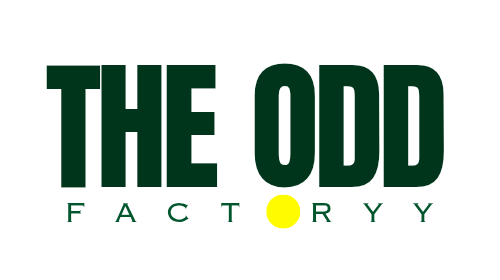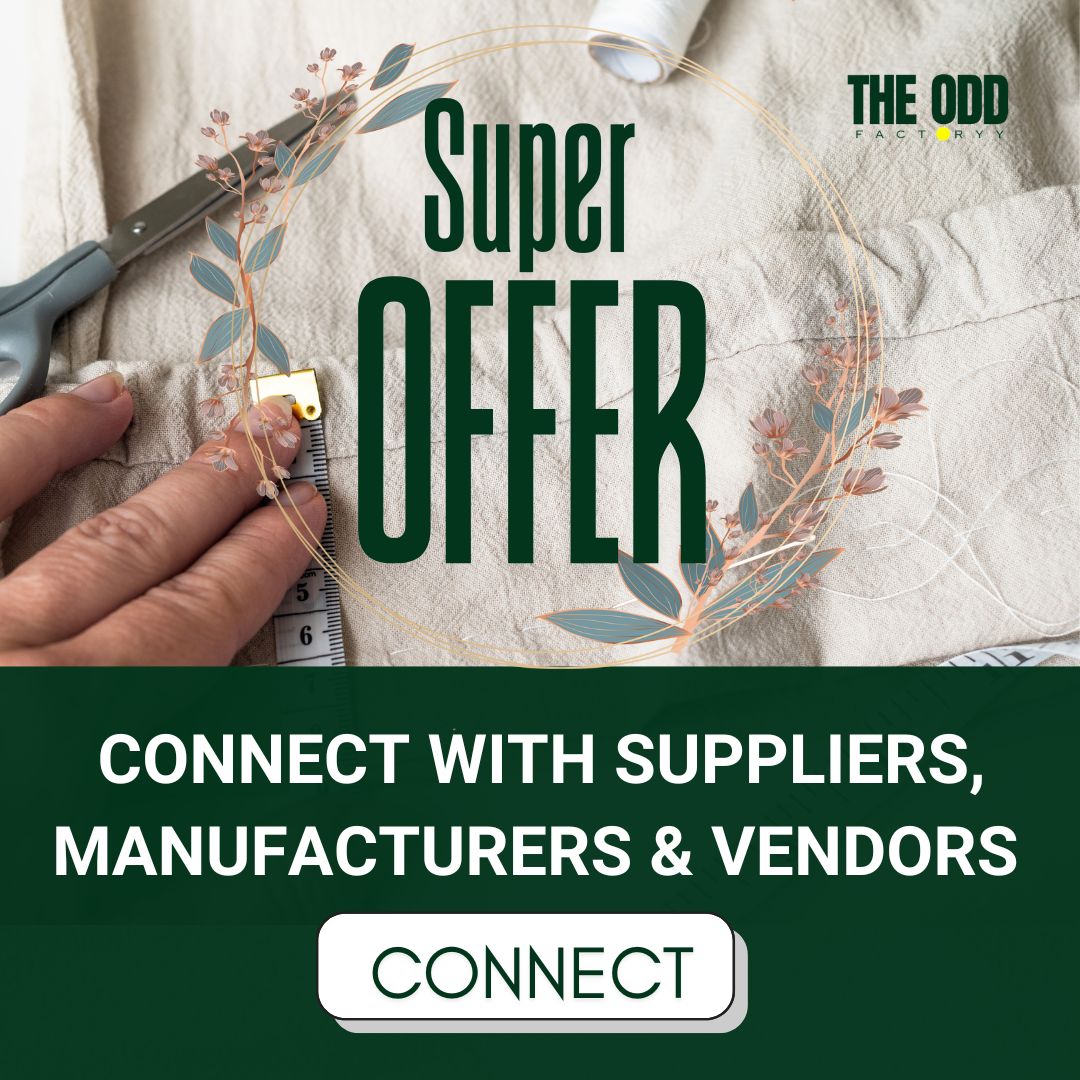What is Ethical Clothing?
Ethical clothing represents more than just style; it’s about the principles and practices behind the production of apparel. At its core, ethical clothing aims to reduce the negative impact on the environment and improve working conditions and rights for workers in the fashion industry. The Odd Factory, as an ethical fashion brand, is committed to these principles, ensuring that every piece of clothing is made with respect to both people and the planet.
Ethical clothing involves a transparent supply chain where every step, from sourcing materials to manufacturing clothes, adheres to high ethical and environmental standards. Ethical clothing manufacturers work closely with their suppliers to guarantee that the materials used are sustainable and that the workers involved in making the clothes are treated fairly and work in safe conditions.

 Why is Ethical Fashion Important?
Why is Ethical Fashion Important?

Ethical fashion is crucial because it tackles some of the most pressing issues in the fashion industry today, including labor exploitation, environmental degradation, and the throwaway culture that leads to massive waste. By choosing ethical fashion brands, consumers can help drive positive change, supporting practices that respect worker rights and minimize environmental impact.
The rise of ethical clothing manufacturers shows a growing awareness and demand for fashion that contributes positively to society and the earth. When you choose ethical fashion, you’re not just buying a piece of clothing; you’re also helping to promote a more sustainable and just world.
Our Success
10+
Countries Delivered
50+
Fashion Creators Empowered
12+
Industry Experience
 What Makes a Brand Ethical?
What Makes a Brand Ethical?

A brand is considered ethical when it transparently aligns its practices with the goal of reducing harm and promoting the well-being of all stakeholders involved. Here are key factors that make a brand ethical:
- Fair Labor Practices: Ethical brands ensure that all workers, from the cotton fields to the sewing rooms, are treated with respect, provided with fair wages, and work in safe conditions.
- Sustainable Materials: Using organic, recycled, or otherwise environmentally friendly materials is a hallmark of an ethical fashion brand.
- Reduced Environmental Impact: These brands take steps to minimize their carbon footprint, water usage, chemical outputs, and overall environmental impact.
- Animal Welfare: Many ethical brands are also cruelty-free or vegan, avoiding materials that involve harm to animals.
- Transparency and Accountability: Ethical brands are open about their supply chain and business practices, often undergoing third-party audits to verify their claims.
The Odd Factory embodies these principles, making them a leader in the ethical fashion industry.
 What is Sustainable Fashion?
What is Sustainable Fashion?

Sustainable fashion is closely related to ethical fashion, focusing on minimizing the environmental impact of clothing production. It involves using sustainable materials, reducing waste, and implementing energy-efficient processes to create clothes that are environmentally friendly. The Odd Factory integrates sustainable practices by using materials that are both renewable and gentle on the environment, ensuring that fashion contributes positively to the ecosystem.
 Difference Between Sustainable, Slow, and Ethical Fashion
Difference Between Sustainable, Slow, and Ethical Fashion

While these terms are often used interchangeably, they have distinct meanings:
- Sustainable Fashion: Primarily concerned with environmental issues, sustainable fashion focuses on reducing the ecological footprint of clothing production.
- Slow Fashion: This concept advocates for reducing consumption and extending the life of garments. Slow fashion means buying higher-quality garments less frequently, and valuing an item’s longevity over fleeting trends.
- Ethical Fashion: This broader term encompasses both sustainable and slow fashion, focusing on social, economic, and environmental sustainability. It includes everything from worker rights to the use of organic materials.
The Odd Factory is a pioneer in combining these aspects, offering products that are not just made well, but also made right.
 How to Support Ethical Fashion
How to Support Ethical Fashion

Supporting ethical fashion is easier than you might think. Here are some practical steps to help promote this movement:
- Educate Yourself: Learn about the impacts of your clothing choices on the environment and society.
- Choose Quality Over Quantity: Invest in fewer, higher-quality pieces that will last longer, rather than cheap, fast fashion items.
- Choose Ethical Brands: Support brands like The Odd Factory, which are committed to ethical and sustainable practices.
- Look for Certifications: Search for certifications like Fair Trade and GOTS (Global Organic Textile Standard).
- Think Secondhand: Buying vintage or secondhand clothing reduces the demand for new items and the overall impact on the environment.
- Care for Your Clothes: Properly caring for your garments extends their life and reduces waste.
- Quality Over Quantity: Invest in fewer, higher-quality pieces that last longer.
- Recycle and Upcycle: Give old clothes new life or recycle them responsibly.
 The Role of Sustainable Fashion Consultants and Ethical Fashion Consultancy Services
The Role of Sustainable Fashion Consultants and Ethical Fashion Consultancy Services

As the demand for sustainable and ethical fashion grows, the role of sustainable fashion consultants and ethical fashion consultancy services becomes more significant. These professionals help brands transition to sustainable practices, offering guidance on everything from sourcing sustainable materials to implementing fair labor practices. The Odd Factory collaborates with such consultants to ensure they are at the cutting edge of ethical fashion.
 The Principles of Ethical Fashion
The Principles of Ethical Fashion

The principles of ethical fashion are the foundational guidelines that help shape a more responsible fashion industry. These include:
- Transparency: Being open about all aspects of the supply chain and business practices.
- Integrity: Ensuring that every decision aligns to reduce harm and promote fairness.
- Sustainability: Embracing practices that protect and preserve the earth’s resources for future generations.
- Equality: Ensuring that everyone involved in the manufacturing process is treated with respect and dignity.
- Community & Collaboration: Working together with local communities and other brands to promote larger systemic change.
By embracing these principles, The ODD Factory aims to lead the way in transforming the fashion industry into a force for good. Together, we can make ethical fashion the norm, not the exception. Join us in this journey toward a more sustainable and just world.


